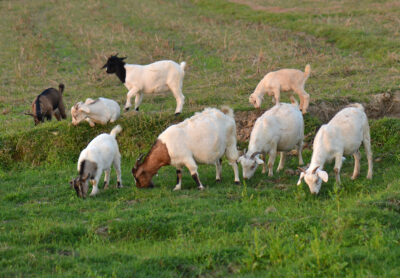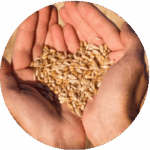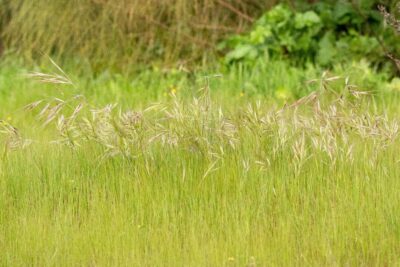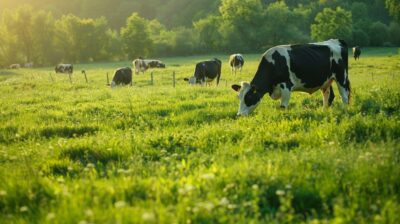
How to Overseed Pasture Seed for a Healthier, More Productive Field
When your pasture begins to show signs of wear, it may be time to consider overseeding. Patchy growth, excess weeds,




Our team of experts have specially designed blends for each region of the United States. The following considerations were made during the design process for each regional mix:


Scott Cole
Brian Huggins
Enid Laursen

When your pasture begins to show signs of wear, it may be time to consider overseeding. Patchy growth, excess weeds,

The importance of soil preparation for pasture seeding success cannot be understated. With proper soil preparation methods, your pasture will

Taking care of pastureland requires more than just overseeding and grazing. Proper pasture maintenance is key to long-term productivity, and

No account yet?
Create an Account